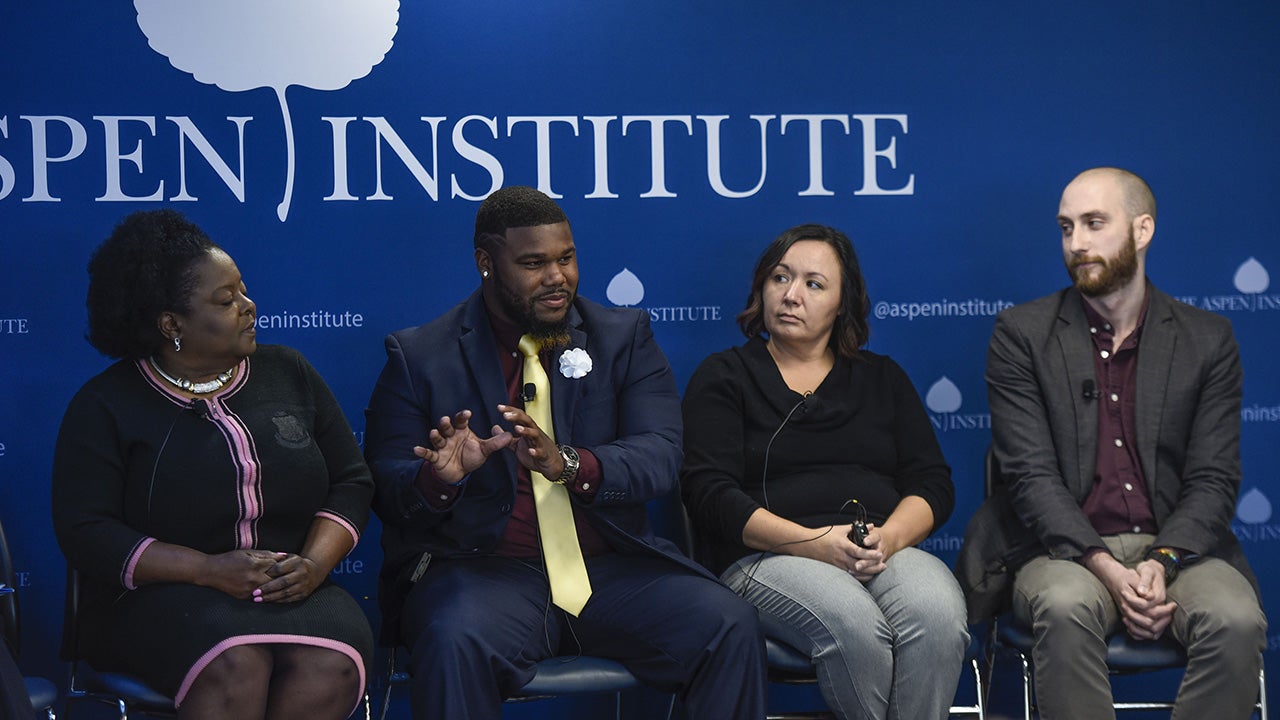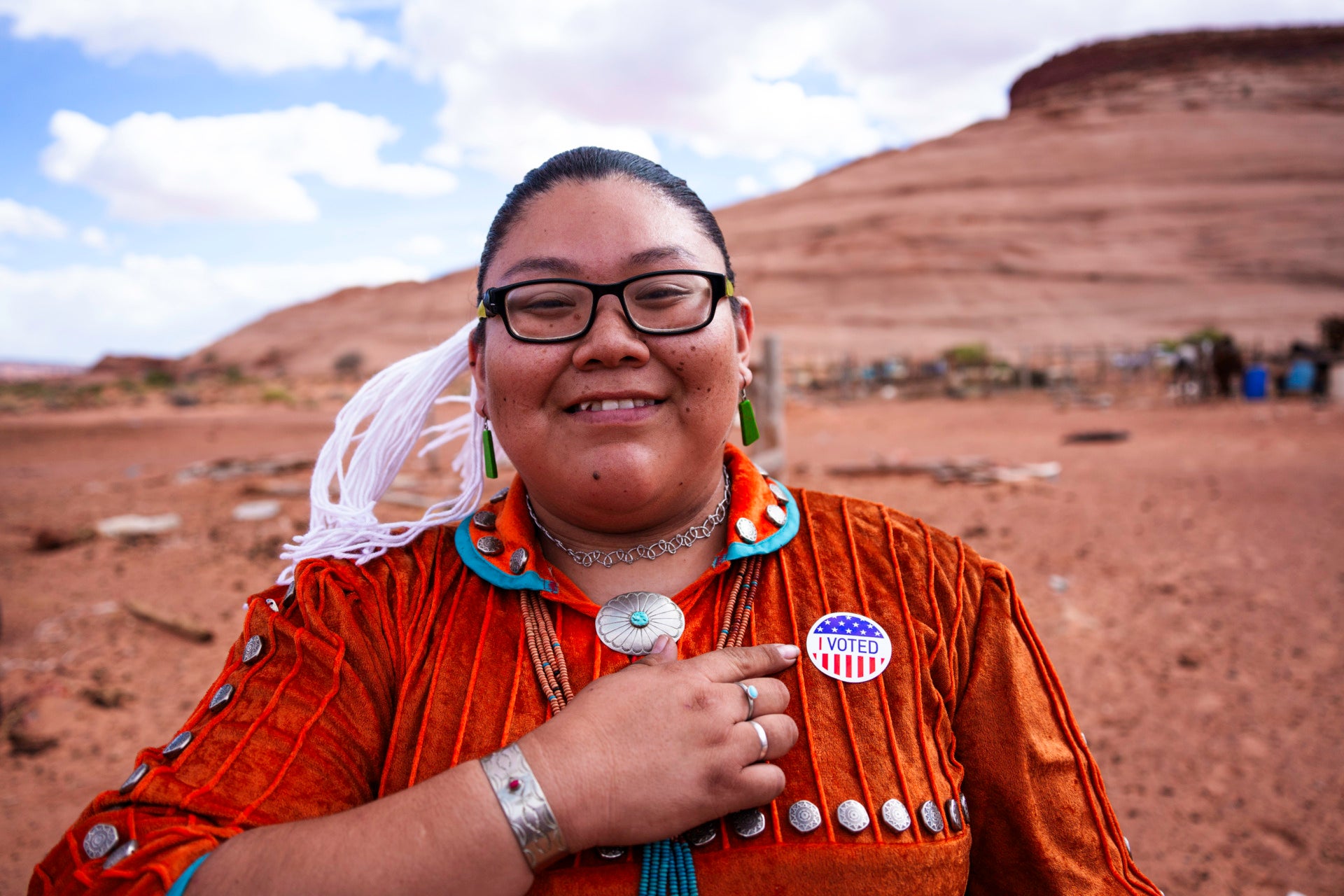Marayah Roher has been preparing for a school shooting since she was in the 5th grade. First an alarm goes off. Then she and her classmates quietly line up and exit the building. Her teacher holds up a green card when every student in the class is accounted for, or red if someone is missing. Now a senior at Sankofa Freedom Academy Charter School in Philadelphia, Marayah could run the drill in her sleep — but she has never gotten used to it.
“It’s very uncomfortable,” said the Aspen Challenge alumna. “We should feel safe in our schools. My principal always says school should be like your second home.”
Feeling safe is hard when there has been an average of five school shootings a month since 2014. Today’s young people are determined to be the generation that ends this cycle of violence. The February shooting at Marjory Stoneman Douglas High School in Florida catapulted them into the national gun control debate. Thousands walked out to protest Congress’ inaction on the matter. Many have organized boycotts, marches, and voter registration drives.
Critics have dismissed the efforts of young activists, arguing that they are inexperienced or unaware of the complexities of the debate. Eric Guerci disagrees. “The idea that young people can’t make a difference is antithetical to everything that history has shown us,” said the Princeton freshman and member of the Youth Commission on Social, Emotional, and Academic Development. He and students like Grace Morse, a senior at New Orleans Center for Creative Arts, are working to help others understands the motivations of young activists.
“Gun violence looms over my fellow classmates and me daily,” Grace said. “It determines where we go, how we maneuver around the city, who we embrace, and who we alienate.” The AspenX participant uses creative writing and other forms of artistic expression to relay the stories of those affected by gun violence and other tragedies. Grace credits her path in life to the advocates who came before her.
Jahari Shelton also wants us to remember the efforts of past youth activists, particularly in communities of color. The Sidwell Friends School junior and Summit on Inequality and Opportunity panelist worries that these stories have been left out of the national spotlight.
On Saturday, tens of thousands of students are expected to travel to the nation’s capital for the March for Our Lives. This massive demonstration was organized by student activists from Stoneman Douglas. They have laid out three demands— a ban on the types of assault weapons often used in mass shootings, a prohibition on high-capacity gun magazines, and the creation of a universal background check system for all gun purchasers.
“This is a problem that keeps happening,” Marayah said. “We’ve got to put a stop to it, not just in one neighborhood, but everywhere.”


